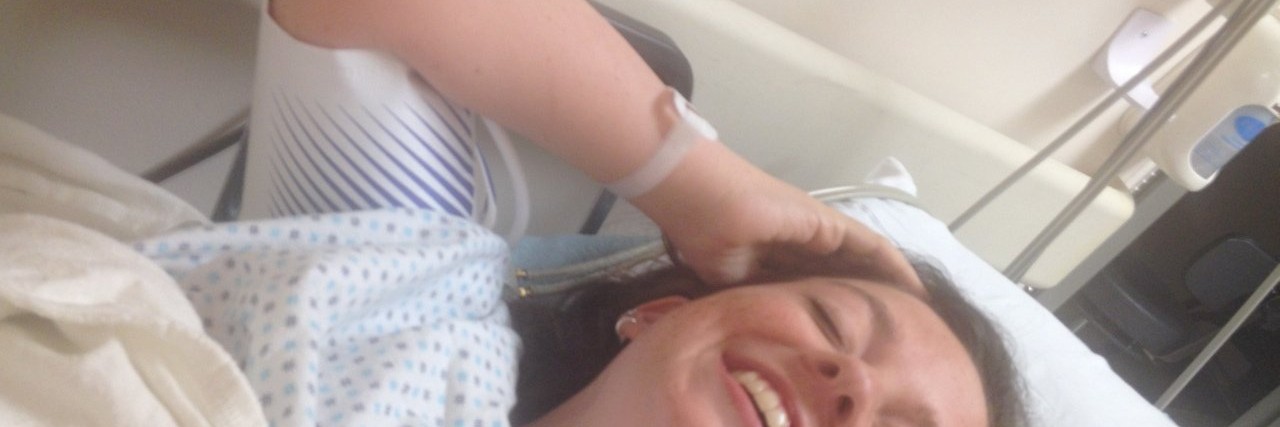I was 17 years old when I was diagnosed (correctly) with a chronic illness. My mother and I were sitting on my hospital bed after four days of medical testing with shaking hands and racing hearts waiting for a diagnosis. We had gone through four long years of endless doctor’s appointments, two misdiagnoses and far too many dead ends until this moment.
We had no idea what we were up against. Then the doctor came through the door and uttered the words, “Addison’s disease.” As he began explaining this unfamiliar illness, my head was buzzing with both thoughts of relief and thoughts of fear. Relief because the drought of not knowing was finally over — we had a diagnosis and a plan. Fear because he was throwing around phrases like “steroid treatment” and “life-threatening.”
The doctor quickly introduced the strict regimen of medications I would have to undergo and explained how to stress dose and to administer my emergency injection. Things were happening quickly, and we didn’t get to stop to ask many questions. When my mom finally found a pause in the conversation, she asked, “How long will she do this? When will she get better?” Without missing a beat, the doctor uttered, “This is for life, ma’am. She’ll need to be on these medications from here on out.” I heard my mom gasp. This wasn’t what we were expecting, but I didn’t flinch.
It was at that very moment when I accepted the weight of having a chronic illness in full. I said to myself, “This is it. This is forever.” There was no questioning and no denial.
I truly think this was also the moment when the baton of advocacy was passed from my mom to me. My mom had been my advocate my entire life. She flawlessly managed my other childhood conditions and the chaos of trying to get my sick and withering body diagnosed. She helped me understand and cope every step of the way. Her advocacy is what truly brought so close together over the years. We’ve become more best friends than mother and daughter. It was time.
As my mom began to hurriedly scribble down all what the doctor was saying, I began to ask more of the questions, assert my own concerns and take my own stance. This was the start of my new life with my own body. It may be broken, but I knew it was mine.
If I wasn’t at the maturity level of an adult already, surely I was at that moment. At this point, I knew I would no longer relate to many of my friends. We were different. What we defined as important was different, and what we fought for was different. They were in charge of their grades and a used car, and I was in charge of a broken body. I was empowered. I’m the only one who can do anything about it. It is the most liberating feeling I have ever experienced.
Embrace the diagnosis. This is your life, and having a chronic illness puts no limitation on your ability to shake things up and be a fighter. You’ll hurt, you’ll be weak, but you owe it to yourself to take charge and fight.
The Mighty is asking the following: What is a part of your or a loved one’s disease, disability or mental illness that no one is aware of? Why is it time to start talking about it? If you’d like to participate, please check out our Submit a Story page for more about our submission guidelines.

